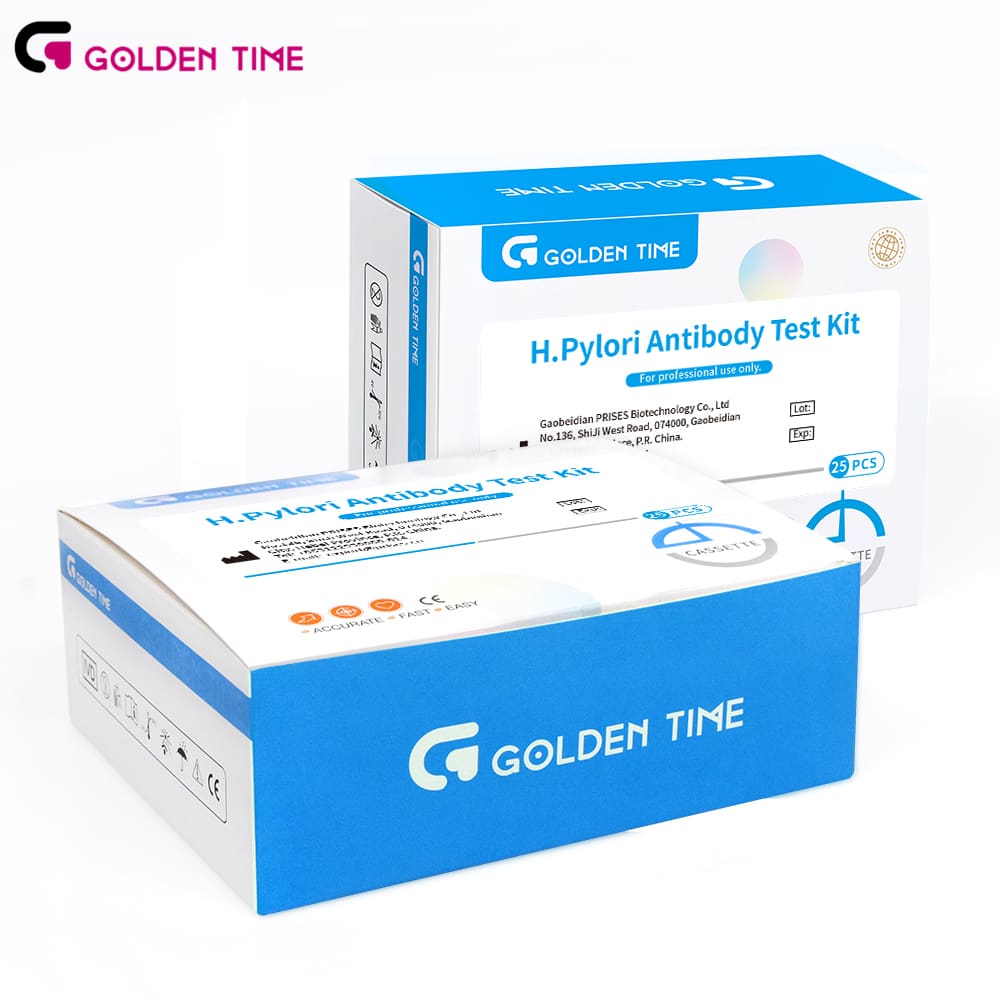Dec . 28, 2024 22:04 Back to list
Affordable HCV Rapid Test Kits for Wholesale Distribution and Bulk Purchase Options
Latest news
-
Accurate Benzodiazepines (BZO) Rapid Test Kits | Fast Results
NewsAug.27,2025
-
Trusted Early Pregnancy Test Kit Supplier | Accurate, Fast Results
NewsAug.26,2025
-
China Sterile Nylon Flocked Throat Swabs: Superior Sample Collection
NewsAug.25,2025
-
COVID-19 Rapid Antigen Test Kit: Accurate & Fast Home Results
NewsAug.24,2025
-
Premium Cassette Lateral Flow Devices for Rapid Diagnostics
NewsAug.23,2025
-
Pregnancy Test Calculator: Know Your Weeks, Week by Week
NewsAug.22,2025


